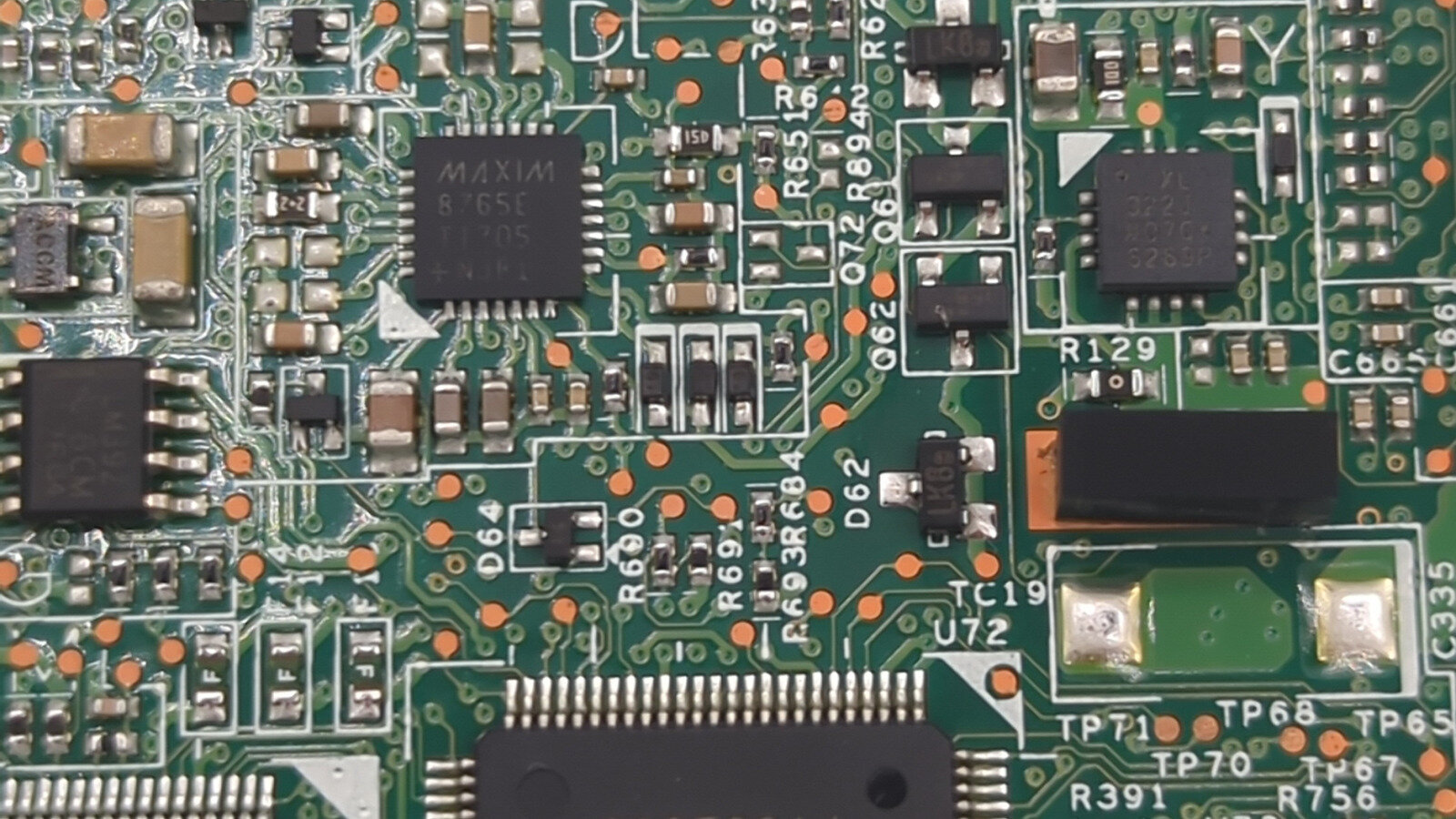- cross-posted to:
- linux@lemmy.world
- cross-posted to:
- linux@lemmy.world
Hello everyone,
In the wake of the recent Right to Repair Act (SB 244) enacted in California on October 10, 2023, the discourse around consumer rights and sustainable technological practices has intensified. A critical facet of this discourse is the BIOS/UEFI (Basic Input/Output System/Unified Extensible Firmware Interface), the fundamental firmware that initializes the hardware during the boot process of our computing devices.
Currently, BIOS/UEFI is largely under proprietary control, posing substantial barriers to our ability to repair, upgrade, and exercise full control over our own devices. This proprietary dominance not only stifles technological innovation and user freedom but also raises serious security concerns. The lack of transparency and verifiability inherent in closed-source firmware like Intel’s Management Engine (IME) and AMD’s Platform Security Processor (PSP) presents potential security vulnerabilities.
I am launching a petition on Change.org to advocate for Free and Open Source BIOS/UEFI. This initiative transcends personal control over our devices. It symbolizes a stride towards reducing electronic waste, promoting sustainability, and nurturing a culture where technology serves as a medium for empowerment rather than suppression.
The necessity for freedom in hardware firmware is clear. Open BIOS/UEFI furnishes a foundational level of control and understanding, dismantling barriers that keep users distanced from the core operations of their devices, and fostering a more inclusive and participatory technological ecosystem.
We are at a pivotal moment. The momentum nurtured by the Right to Repair movement invites us to extend the principles of openness and user empowerment to the foundational firmware of our devices. Our proactive stance today significantly influences our digital autonomy tomorrow.
The global advocacy for digital rights is reaching a crucial point, with a growing community rallying for more control, transparency, and accountability in the technology we use daily. The shift towards a more open and user-centric technological landscape is not just a fleeting trend, but a substantial movement that echoes the broader societal values of autonomy, privacy, and democratic engagement.
This petition endeavors to rally tech industry stakeholders and governmental bodies to advocate for the liberation of BIOS/UEFI from proprietary control. With open BIOS/UEFI, we inch closer to a technological landscape that aligns with democratic values, ensuring that technology serves the collective, not just a privileged few.
I invite you to sign the petition, disseminate it within your networks, and vocalize your support for a more open, sustainable, and democratically-aligned computing environment.
Together, through a shared vision and collective action, we can usher meaningful change in the technological domain.
Thank you for your support.



This is incorrect.
The UEFI Forum makes specifications freely available at no cost at https://uefi.org/specifications, and membership is free which would then allow you to redistribute and otherwise use the specs. There are many “open specifications” that require either a one-time purchase of a single specification or a subscription for continued access to a set of specifications, that you of course then cannot share. (PCI-SIG requires a company subscription at $4000 a year to access PCIe related specs.)
edk2, the reference implementation used on everything with UEFI, is open source (BSD-2-Clause-Patent) and available on GitHub: https://github.com/tianocore/edk2.
The problem is not that it’s under proprietary control, it’s that every fucking company forks edk2 into proprietary products because the license allows it (because Intel required it).
You basically just proved OP’s point that most our firmware is closed and it’s a problem.
Wit that said, the nuance you mentioned is good to have, especially that we’re talking about legal stuff here.
While I appreciate that some components are open-source, the goal here is broader—ensuring BIOS/UEFI is not just open-source but entirely free and open in an ethical sense. This aims for complete transparency, verifiability, and user freedom, beyond what current licenses like BSD-2-Clause-Patent allow. The proprietary forks and lack of transparency you mentioned actually reinforce the need for a fully free BIOS/UEFI. Your points are well taken but highlight that there’s still work to be done to achieve full user freedom.
This whole “project” is the very definition of a solution in search of a problem.
You’re more than welcome to flash whatever bin you want to put together. No one is stopping you. If you want these companies proprietary apis you’re kidding yourself.
The goal isn’t merely to flash custom binaries; it’s about creating a computing environment where that sort of freedom is a given, not an exception reserved for those in the know.
Your comments make you come off as clueless as to how firmware works and is developed.
You don’t need to be an expert in firmware development to recognize the systemic issues at play here. Understanding the problem doesn’t require a deep technical background.
Hasn’t it been established already that APIs can’t be proprietary, like the case woth Oracle against Google?
No it is perfectly legal to have a private API. This is not a patent issue its a we won’t give you our code issue.
Yeah but you’re talking about APIs, not code.
API is code
What’s behind the API is code. API itself is only an communication interface.
An API is literally code. Yes you can use it to code other things, but it is also code itself.